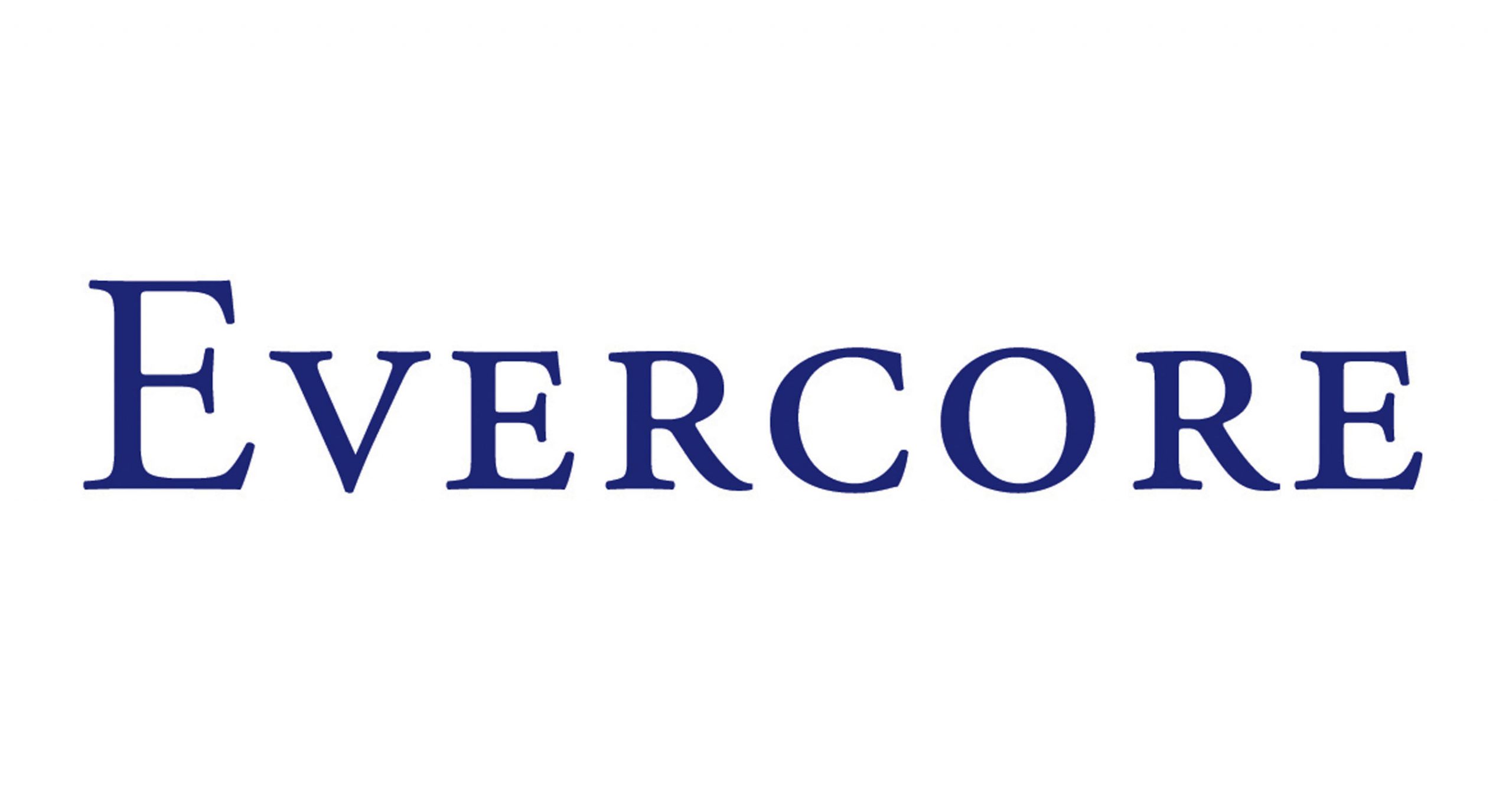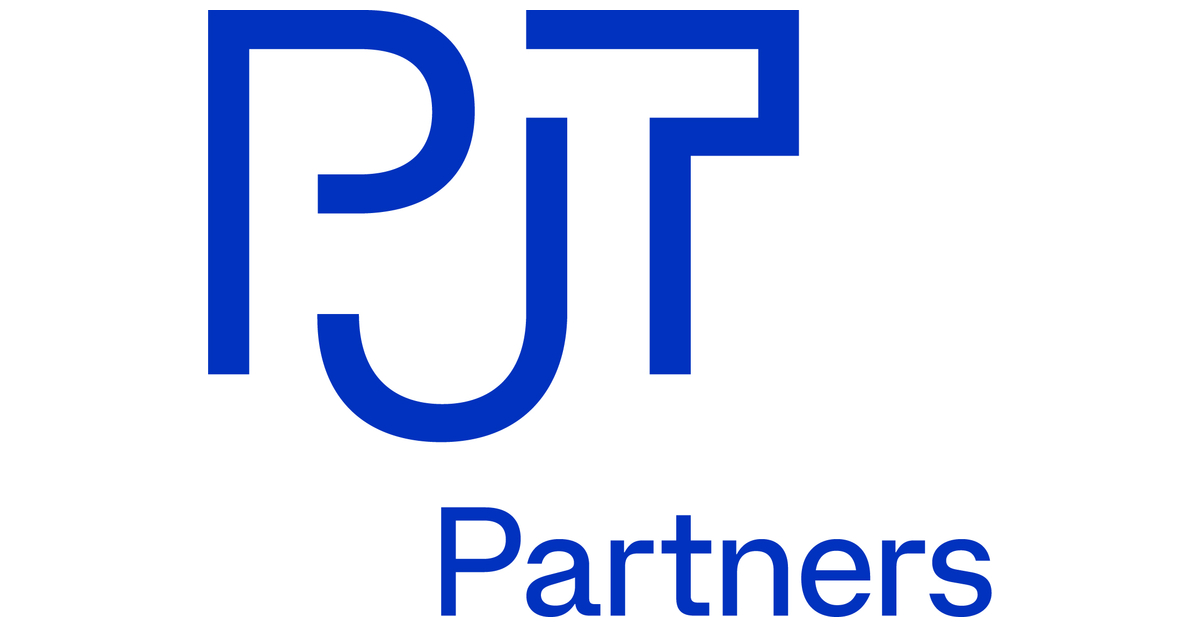Prepare for Your Venture Capital Interview
Our 93% Success Rate Speaks For Itself
Venture capital firms seek individuals who exhibit a comprehensive understanding of strategy, key trends in sectors like tech and healthcare, and a solid understanding of valuation methodologies. Candidates with entrepreneurial experience or a deep understanding of diverse business models and their success factors are highly valued. Knowledge of distinctions between early-stage and late-stage strategies, along with payout structures like a preferred waterfall with different tiers, is critical as well.
Our coaches can help you prepare, by training you on how to answer the most common venture capital interview questions, including:
- Understanding relevant sectors, subsectors, key trends, business models, and main competitors.
- Analyze KPIs such as ARR growth, customer growth, churn, gross and net retention, CAC, payback period, LTV / CAC, payback period, sales team productivity, and Rule of 40.
- Navigate financial valuations and venture capital case studies, incorporating preferred waterfalls for Stage A, B, and C companies with a variety of hurdles rates, earn-outs, options and other incentives.
- Master behaviorals to demonstrate passion and intellectual curiosity.
- Craft engaging investment pitches aligned with firm’s parameters, covering components such as industry analysis, competitor positioning, key growth drivers and assumptions, exit strategy, and more.
In venture capital, professionals wear many hats, leading to a varied interview process. Mastering sector-specific questions, particularly in tech or healthcare, is crucial. Understanding key companies in subsectors and their growth drivers is essential. Most importantly, knowing what makes start-ups and growth companies tick is vital to achieving success, whether it’s understanding how to analyzing management, sizing and assessing a company’s market potential, scrutinizing the value proposition and the competition, or reviewing key metrics like ARR growth, churn, gross and net retention, CAC, LTV / CAC, etc.
Common questions focus on valuation methods, such as comparables and DCFs, especially for companies without positive cash flows. Pitching a company for investment is typical. Behaviorals are critical, as VC firms seek individuals passionate about growth-oriented companies, demonstrating intellectual curiosity, entrepreneurial ability, and the capacity to ask tough questions and generate deal flow.










Venture Capital Coaching Packages
| Coaching sessions are customized to your needs. Any materials reviewed during the sessions will be sent to you (financial models / templates, slide decks, case studies) | |
Includes 3 hours of coaching, all materials from the above packages, as well as:
| |
Includes 5 hours of coaching, all materials from the above packages, as well as:
| |
Includes 8 hours of coaching, all materials from the above packages, as well as:
| |
Includes 10 hours of coaching, all materials from the above packages, as well as:
|
Common VC Interview Prep Topics
- Investment Strategy
Investment strategy refers to the candidate’s overarching approach to making investment decisions in the venture capital space. This includes their investment goals, risk tolerance, and sector preferences. They may discuss their focus on early-stage startups, specific industries they target, and how they align their strategy with the fund’s objectives. A strong investment strategy demonstrates a clear and well-thought-out plan for deploying capital effectively. (leveraged buyouts). - Market Analysis
Market analysis is crucial in venture capital. Candidates should showcase their ability to thoroughly research and understand market dynamics. This includes evaluating market size, growth potential, competitive landscape, and customer trends. Effective market analysis helps VC professionals identify promising startups within attractive market segments. - Due Diligence
Due diligence is the rigorous process of investigating and verifying all aspects of a potential investment. Candidates should explain their due diligence methodology, covering financial analysis, legal due diligence, and technical assessments. They should emphasize their attention to detail and ability to identify potential risks and opportunities during this critical phase.
- Startup Evaluation
Evaluating startups involves assessing various factors, including the founding team’s capabilities, the uniqueness of the product or service, market fit, and growth potential. Candidates should discuss their criteria for evaluating startups, their approach to understanding a startup’s competitive advantage, and how they gauge the scalability of the business model. - Portfolio Management
Portfolio management involves overseeing a collection of investments made by the venture capital firm. Candidates should discuss their strategies for monitoring and supporting portfolio companies. This may include their approach to providing guidance, resources, and mentorship to portfolio startups. Strong portfolio management skills ensure that investments thrive and align with the fund’s goals. - Exit Strategies
Exit strategies refer to the ways in which a venture capital investment is eventually liquidated. Candidates should demonstrate knowledge of various exit options, such as initial public offerings (IPOs), mergers and acquisitions (M&A), and secondary sales. They should also explain their role in helping portfolio companies prepare for and execute successful exits, maximizing returns for both the startups and the fund.
Our Coaching Methodology
Master the Investment Pitch
We will help you craft investment pitches within the investment parameters of the VC firm and ensure that it covers all areas of due diligence.
Customized Interview Questions
Fully customized mock interview featuring behavioral questions, as well as market questions focused on the industry, growth drivers, and competitors. The mock interview will also have questions on valuation and payouts.
Feedback
Feedback is provided after each question in order to promote learning and memory retention, and written feedback will be provided as well addressing your strengths and areas for improvement
Our Coaches
Josh Jia
Founder, Partner

- Corporate Development
- Finance Resume Review
- Financial Modelling Coaching
- Investment Banking
- Investor Relations
- Private Equity
- Venture Capital
- 8 years of experience
- Principal at Apex Advisory
- Private Equity Analyst at Imperial Capital
- Investment Banking Analyst at BMO, Diversified Group
- Industry experience in headhunting, VC, HF, and ER
- Founded Limestone Capital
- Created 1st finance interview prep course at Queen’s
- Taught course consisting of ~250 slides, six classes, with hundreds of students attending
- Placed 100+ candidates into IB and PE roles
Stella Zhang
Coach

- Investment Banking
- Private Equity
- 6+ years of experience in investment banking and private equity
- Investment Banking Associate at Goldman Sachs Industrials Group, New York
- Experience including public M&A, IPO, financing, and strategic advisory
- Member of on-campus recruiting team at Northwestern University Kellogg School of management
- Private Equity Associate at a middle-market infrastructure fund in New York
- Sector focus including energy transition, circular economy, and sustainable agriculture
- Structured equity, non-dilutive capital solutions
- Coach at Kellogg School of Management’s Investment Banking and Capital Markets Club, mentored 20+ MBA students on interview preps, case studies, and networking techniques throughout investment banking recruiting
Karl-Joseph Assaf
Coach

- Hedge Fund
- Investment Banking
- Private Equity
- Venture Capital
- 13 years of experience in the financial services industry (IB, PE, Growth Equity, VC, Hedge Fund, Start-Up C-Suite).
- 3 years of investment banking (M&A) experience at Barclays Capital.
- 5 years of private and public markets investing at Blackstone across industry, capital structure, and asset classes.
- 5 years of private and public markets equity investing at a hedge fund backed by one of the world’s wealthiest entrepreneur.
- 1 year as interim CFO of a growth stage agtech start-up; right-hand man of the founder.
- Mentored 50+ people spanning students (undergrad + MBA) looking to break into IB and young professionals looking to move from the sell-side to the buy-side.
- Interviewed 100+ candidates, ranging from junior bankers to associate / VP level investors and business executives for some of my portfolio companies.
- What can I help with? CV Review, Secure Interviews, Pass Interviews, Negotiate Compensation, Career Promotion / Transition.
- Endeavors to build a community of like-minded financial services professionals of all ages to promote support and knowledge sharing.
Enrique Wang
Real Estate Investment Associate

- Financial Modelling Coaching
- Investment Banking
- Private Equity
- 6+ years of experience in real estate investment and development
- Background in institutional firms including pension funds and REITs
- Specialized in complex deal structures, capital stack modeling, and GP-LP return analysis
- Coached 20+ students and professionals, from undergraduates to MBAs and early-career professionals
- Provides coaching on real estate financial modeling, Argus, career planning and interview prep for real estate, IB and PE roles
Jonathan Schudmak
Investment Banking Coach

- Investment Banking
- Experienced Investment Banking professional and coach
- 8 years as hiring manager for junior bankers
- 10 years Investment Banking
- 3 years Wealth Management
- MBA from Harvard Business School
- United States Army Veteran
Yi Yu, Partner at Hedge Fund, Associate Professor
Partner at Hedge Fund, Associate Professor

- Hedge Fund
- Sales and Trading
- 16 years of experience in Finance across asset management, trading, and academia
- Associate Professor teaching Finance and Stock Market Investing at Seneca College
- Principal at Beijing Heisen Asset Management Company
- Trader at Liema Investment, a subsidiary of a top hedge fund in China
- Manager at Apex Trading in the New York office of China’s top proprietary trading firm
- Industry experience across Hedge Funds, Day Trading, High Frequency Trading, and Quantitative Trading
Industry Partner
Private Equity Associate

- Financial Modelling Coaching
- Investment Banking
- Private Equity
- 3+ years of experience in Private Equity at a $40bn AUM US-based large-cap fund in London, focused on Infrastructure / Industrials
- 1+ year of experience in TMT Investment Banking at a Bulge Bracket in London
- Conducted interviews for both buy- and sell-side intern / analyst roles and co-led internship programs
- Teaching and lecturing experience at a top Russell Group university
- Mentored professionals into roles within Investment Banking and Private Equity
- Oxbridge graduate with a partial scholarship
Industry Partner
Investment Banking Professional

- Financial Modelling Coaching
- Investment Banking
- Private Equity
- 2+ years of experience covering TMT and M&A at a top Bulge Bracket in New York
- 1+ year of experience at a Growth Equity fund
- Have helped lead Intern and Analyst recruitment; have insights into the interview processes at numerous firms
- Experience teaching and lecturing in classroom environment
- Mentored numerous professionals and helped them secure jobs in Investment Banking, Growth Equity, and Private Equity
- Ivy-league graduate with 100% scholarship throughout
Industry Partner
Tech Group at Large Bank

- Equity Research
- Hedge Fund
- Investment Banking
- 2 years of experience as Equity Research Analyst in Technology group at large bank
- 7 years of experience in hedge funds and investment banking
- Experience teaching and lecturing in classroom environment
- Mentored dozens of professionals to help them secure jobs in equity research and hedge funds
Industry Partner
Manager of Strategic Finance and FP&A at FAANG

- Equity Research
- Fintech
- FP&A
- Hedge Fund
- Top-ranked Investment Banking & Equity Research VP with 12+ years of experience. Currently a Strategic Finance and FP&A Manager at one of the FANGs
- Have worked on the buyside & sellside, at bulge brackets & boutiques, covered multiple sectors (TMT, Consumer Retail etc.)
- Been on the hiring committee for Intern, Analyst, Associate & VP recruitment; and have insights into how hiring decisions are made
- Mentored 115+ professionals & helped them secure jobs in Banking, Research, S&T, HFs, & Strategic Finance / FP&A over the last 12 years, through resume & cover letter reviews, mock interviews, and career coaching
- Ivy-league graduate with 100% scholarship throughout
Industry Partner
Manager of Investor Relations and Corporate Finance

- Corporate Finance
- Investment Banking
- Investor Relations
- 5 years of experience as Manager of Investor Relations and Corporate Finance
- 2 years of experience as Investment Banking Analyst
- 8 years of coaching and resume review experience
Industry Partner
Industry Partner

- Financial Modelling Coaching
- Investment Banking
- Private Equity
- 3+ years of experience covering Power and Utilities at a top Canadian/International Bank
- 4+ years of experience in Transaction Services and Valuations in Big 4 Public Accounting
- 6 deals closed in range of $500mm to $1.5Bn USD
- Involved in summer internship recruitment interviewing and junior analyst interview process
Finance Interview Coach did a great job on my resume review. He was encouraging and offered perspective that increased my confidence with the job search. I was changing industries and was concerned I wouldn’t be able to break into investment banking, but through his encouragement and help I was able to get an investment banking analyst position within a few weeks. I received many compliments on my resume through the job search which played a huge part in me receiving the offer. I would recommend their service for any student or professional wanting to get into investment banking.
Investment Banking Analyst, Agentis (Vancouver)
I just wanted to take the time to thank and give much-deserved credit to Finance Interview Coach. My resume review could not have gone better. The coaches were thorough and asked all the right questions in order to capture all of my highlights. They took the time to fully understand my story and position it in the best way on my resume. Their knowledge of the Finance industry was evident in his suggestions which I would have never thought of. They also took the time to answer any miscellaneous questions I had in detail. The process was outstanding all around. I would definitely work with the company again and recommend this service to anyone looking to transform their resume.
Sr. Finance Manager, ABB Optical Group (Florida)
My experience with Finance Interview Coaches has been more than pleasant. The coaches were prompt, courteous and professional. They took the time to talk to me to truly understand my work experience and my skills. He reformatted my resume, condensed it down to 1 page while preserving the essence. They also helped me with my interview skills, potential areas I could improve on. I have received several interviews from high caliber organizations, and I attribute it all to their help.
Analyst (Data Performance & Risk), Alberta Teachers’ Retirement Fund Board (Edmonton)
It was 8 months before graduation that I decided to pursue a career in finance. Having worked in completely irrelevant fields, I was lost and I didn’t have any guidance or exposure to the whole finance scene and struggled in figuring out how to break into finance. I knew speaking with the coaches at Finance Interview Coach who knew the ins and outs of recruiting process was one of the things I could do, so I actively sought mentorship opportunities, and I stumbled upon a chance to speak with them. After speaking with him and doing a mock interview, I learned exactly what I lacked in, and what strengths I have, and what direction I should take on to maximize my chances of breaking into the industry. The company has been tremendously helpful with my recruiting, and offered invaluable advice that played a critical role in landing interviews with reputable firms for investment banking, equity research and private equity roles. What I really appreciated was that he was very real and gave advice that were actionable in the very limited timeframe I was given. Their coaches are currently mentoring me and I truly feel that having a mentorship opportunity with the coaches at Finance Interview Coach will help anyone aspiring to be in finance to set out a clear plan that he or she can execute on.
Private Equity Analyst, Red Oak Succession Partners (Toronto)
I had the pleasure of working with Finance Interview Coach when he conducted a resume review session with me prior to the beginning of the recruiting season. One of the things that stood out to me about the session was how thorough the coaches were with their feedback. My resume was not riddled with too many errors, but the Company provided constructive feedback for almost every line of my resume. Not only was he able to give feedback on the resume itself but also he provided his thoughts about how he felt my resume was as it relates to the roles that I intended to apply for. I’m currently in the process of recruiting and now feel more confident about my resume and have begun to receive interview opportunities for the roles that I intended to apply for.
Student, Baruch College
Finance Interview Coach recently helped me with my resume. The process began with a bunch of pertinent questions which formed a starting point for the review and then continued with revisions based on subsequent questions I had following the first draft. The resume looks significantly better than what I had before this process. I also learned that I was leaving off things that were perfectly good to be on the resume and stay there. Additionally, the coach was kind enough to take the time to answer some other questions I had, given his experience in the field. Overall, the process was seamless and informative and I highly recommend it if you are at all uncertain about your resume.
Senior Financial Analyst, Avenue M Advisors (Los Angeles)
Finance Interview Coach has the ability to hone in on specific aspects of your resume and make them shine. After a phone call and a couple pass-throughs with him, the difference in my resume is night and day. Always friendly and receptive, the Company has managed to make me impressed with my own resume. I’m heading into recruiting season more confident than ever and looking forward to staying in touch with Finance Interview Coach.
Marketing Manager, Xiaomi (Beijing)
Finance Interview Coach provided superior service in helping me revise and critique my resume. Throughout the resume review process the company provided thorough and concise feedback to ensure my resume was of the highest quality to present to employers. Overall, the resume review service offered by Finance Interview Coach was very professional and highly recommended!
Loan Associate, State Street (Boston)
From the moment Finance Interview Coach and I connected, they were very professional and quick to respond to me. The coaches offered to review my resume and give it a professional update so that I would attract more potential employers to my profile. They did a superb job with sending me a thorough questionnaire to learn more about me and my previous work experience which thus led to him generating a very polished resume for me. The process took less than a week and I was very pleased with their work. After they was done working on my resume I immediately starting filling out applications for finance positions that I was interested in. I received many call backs and in person interviews, which led me to receiving a full time job in corporate finance for a company that I love working for. I know that I wouldn’t be where I am today without his help. Thank you again to the company and I look forward to working with them in the future.
Wealth Mgmt. Branch Analyst, Morgan Stanley (Atlanta)
Finance Interview Coach was immensely helpful in getting my resume ready for my recent career search. The coaches were extremely thoughtful, attentive, and helpful throughout our interaction. With their help I have been able to secure interviews with firms that I would not have been able to prior to him helping me refine my resume.
Analyst (Originations), White Oak Global Advisors (San Francisco)
Schedule Your Consultation Now!
Call Structure:
After understanding your goals and background, we will provide a mock interview featuring real questions asked from VC interviews. We will give go over behavioural questions, industry questions, as well as your investment pitch.
Feedback is provided after each question in order to promote learning and memory retention. Concise, written feedback will be provided at the end addressing your strengths and areas for improvement.
